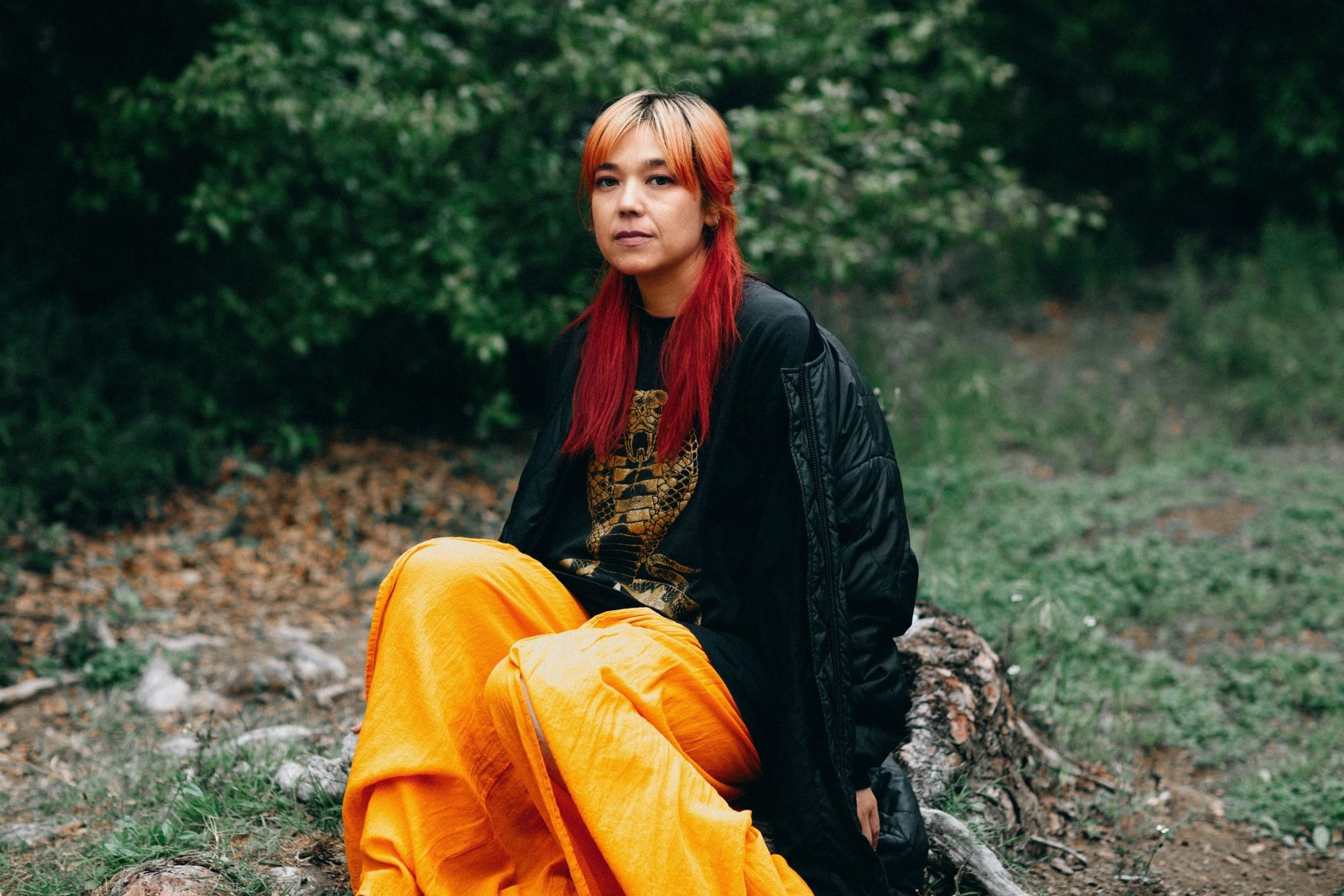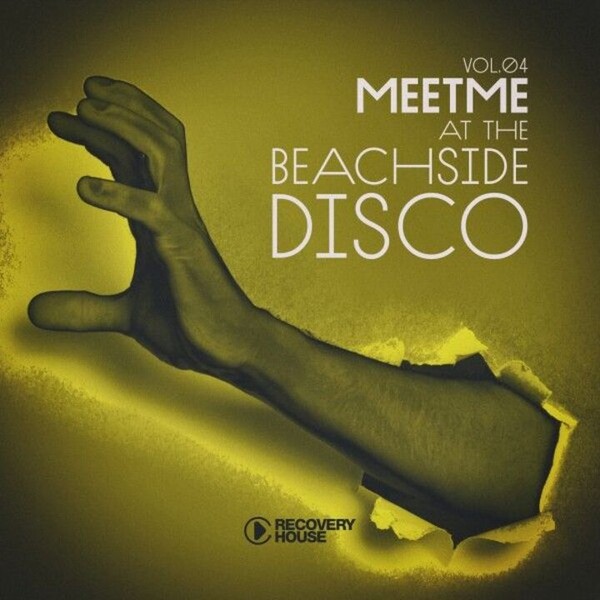When Canadian artist Victoria Cheong – who releases music as New Chance – materialises on Zoom, she says that she’s calling from the bright lights of Los Angeles, where she recently attended a “proper Hollywood wedding.”
We discuss the city, which I’ve also visited, and soon agree on how surreal a place it is, with “psychedelic flora and fauna” and a landscape where, quite literally, everybody drives everywhere. “Because of the entertainment industry, there’s so much dream-making that happens here,” says Cheong. “But then you’re in the reality – people work on that behind the scenes. You’re interfacing with both glamour and reality – there’s a funny switching that happens there, I think.”
Throughout the story of New Chance, location has always been important. Cheong’s native Toronto – Canada’s most populous city and the world’s most multicultural – boasts a thriving DIY music and arts scene that sees electronic music events take place in idiosyncratic places, like art galleries, waterfronts, and even ravines.
Cheong immersed herself in those kinds of environments from a young age, becoming familiar with grassroots music events and the people frequenting them. She eventually found herself wearing multiple creative hats: DJing, managing an independent record label, and creating visual art.
“I was involved in DIY venues – putting on shows that were in unconventional spaces,” she remembers. “The internet of course existed, but it was more in the blog era – pre-streaming, pre-Spotify – so it was a different world. I was in a very generous community of people who loved music and were endlessly curious. It was a good, fertile space to experiment with performing and making my own music.”
Curiosity and performance – two words that could easily sum up the sound of New Chance. The songs are immersive experiments, toeing a blurred line between operatic pop in a Björk-ean mode, and stripped down, Nineties acid house-tinged electronica. However, through each song runs a unifying thread of an artist who earned her stripes on the live scene – rarely learning much about making music in a cloistered studio setting.
“Most of my songwriting, certainly in the past, has been spurred on by having performance engagements and being like, ‘Okay, I gotta make a set, so I’ll practice and make songs that way,’” says Cheong. “Certainly psychically, I’m thinking about audience, theatrics, and storytelling in a performative way when I’m writing. I do imagine sharing it that way.”
Now, the latest New Chance release – A Rock Unsteady – adds to the recipe one ingredient from Cheong’s background that was missing: collaboration. The record sees her invite many friends and creatives from the Toronto scene into the New Chance orbit, such as Robin Dann of indie pop outfit Bernice, and singer/guitarist Isla Craig.

“I just know so many incredible musicians, and I’m already in community with them,” says Cheong. “There’s so much me in the record, so it’s so nice to bring people in to reflect the ideas, and interpret things in ways that I would never do. A lot of the people I know are free jazz players, improvisers, and experimenters – not necessarily other electronic musicians. It’s part of my aesthetic taste to make it into an ecology, so that there’s diversity there.”
The spontaneous quality of music that springs from interplay between different musicians is baked into the substance of A Rock Unsteady. The album centrepiece for example – “Theme Unsteady” – breaks from the synth-led instrumental pallet of the album and reverts to vocals, piano, and saxophone.
I ask about the song and learn that it was “pretty much improvised” with producer Johnny Spence and free jazz artist Brodie West. The lyrics are taken from The Dream and the Underworld, a book by American psychologist James Hillman, which was just one of the album’s many literary touchstones.
“Making something that you could call a concept record is a new thing for me,” says Cheong. “[A Rock Unsteady] feels inspired by cinema, theatre, and storytelling. It was interesting to do research, and be incorporating external themes, philosophical ideas, psychological information, myths, and fairy tales – to think about those external ideas, relate to them, and channel them through my own life. It’s not like I tried to inhabit a false character – it’s all personal. But it’s also in relation to these bigger, external ideas. That felt grounding, to not just be like, ‘This is my personal process.’”
But Cheong is certainly not an artist new to mythic and mystical concepts: her music often collides with astrology – another big part of her life, not least because, outside of music, she edits the immensely popular Astrology Podcast. What’s more, in 2022, she released Peaceful Mind, a series of limited edition vinyls that transmuted the “symbolic language” of astrology into sound. So how ‘astrological’ an album is A Rock Unsteady?
“Well… ‘Oh Mercury’ is a song for Mercury – Mercury is a star!” says Cheong, adding, “and ‘Victory’ is, for me, conceptually very solar. It’s about radiating outwardly, energetically – the light rather than the dark. So much of the record takes place in more of a shadowy, reflective atmosphere and I think of ‘Victory’ as being very solar. There’s lots of ideas in the record about celestial navigation, and even the mythological references I come to through astrology. There’s a lot in there, for sure!”
And if you’re still looking for a reason to explore the world of New Chance, the best one is right there for you – there’s “a lot” to the music in the best possible way – each song a world of rich instrumentation and surreal poetry laboured over by a musician who really, really knows what she’s doing.
“My wish would be for [my music] to be accessible, and that it doesn’t feel exclusive,” says Cheong. “What other people have reflected to me is that it’s a very rich ecosystem of sound, so it is likened to a world or an atmosphere. I think that makes sense for a concept record, and I also think music really avails itself to that. It can transport you somewhere else and change you in some way. That’s what music has done for me, so it makes sense that I would go that way.”

 1 month ago
19
1 month ago
19


















 English (US) ·
English (US) ·